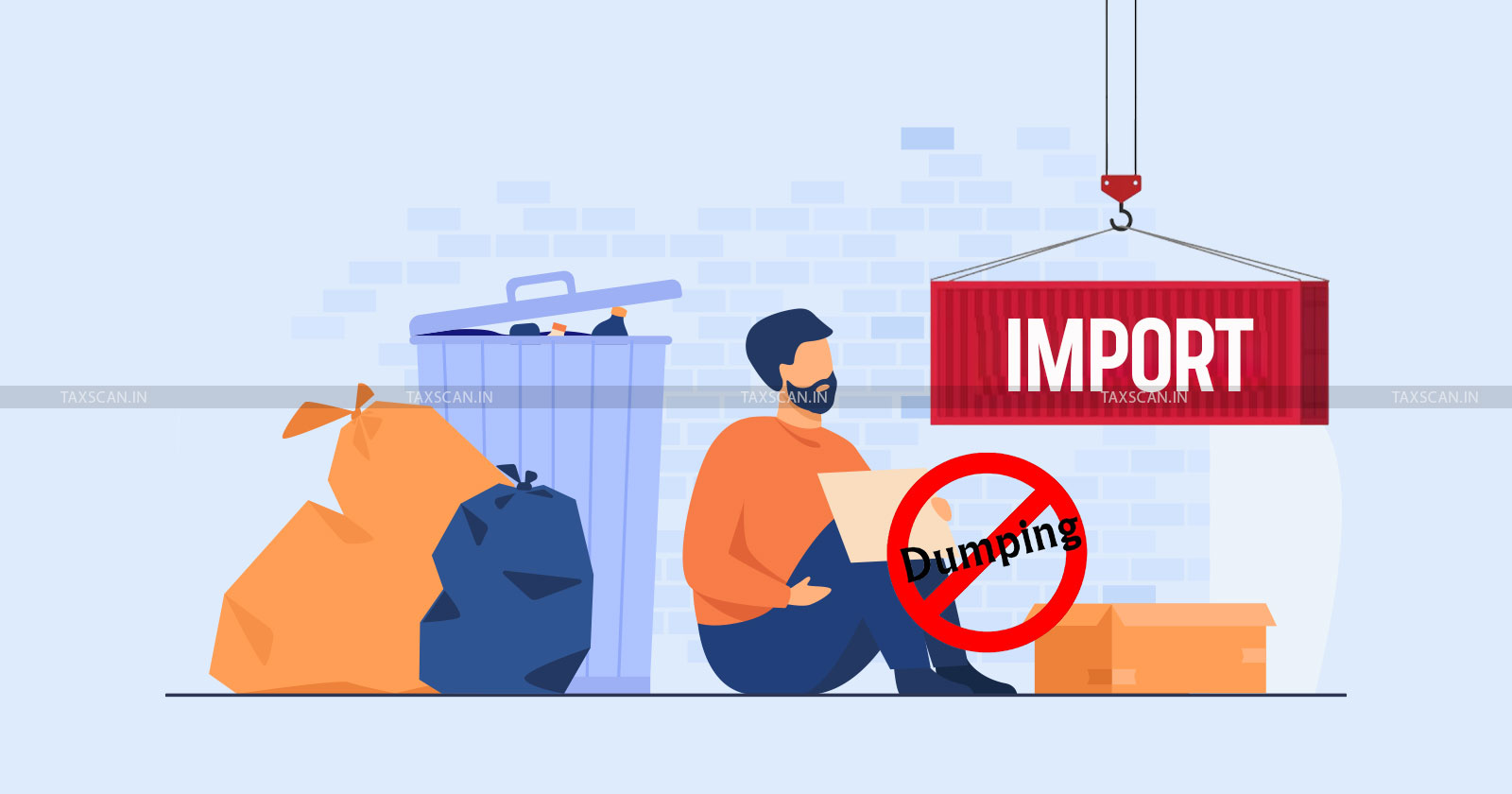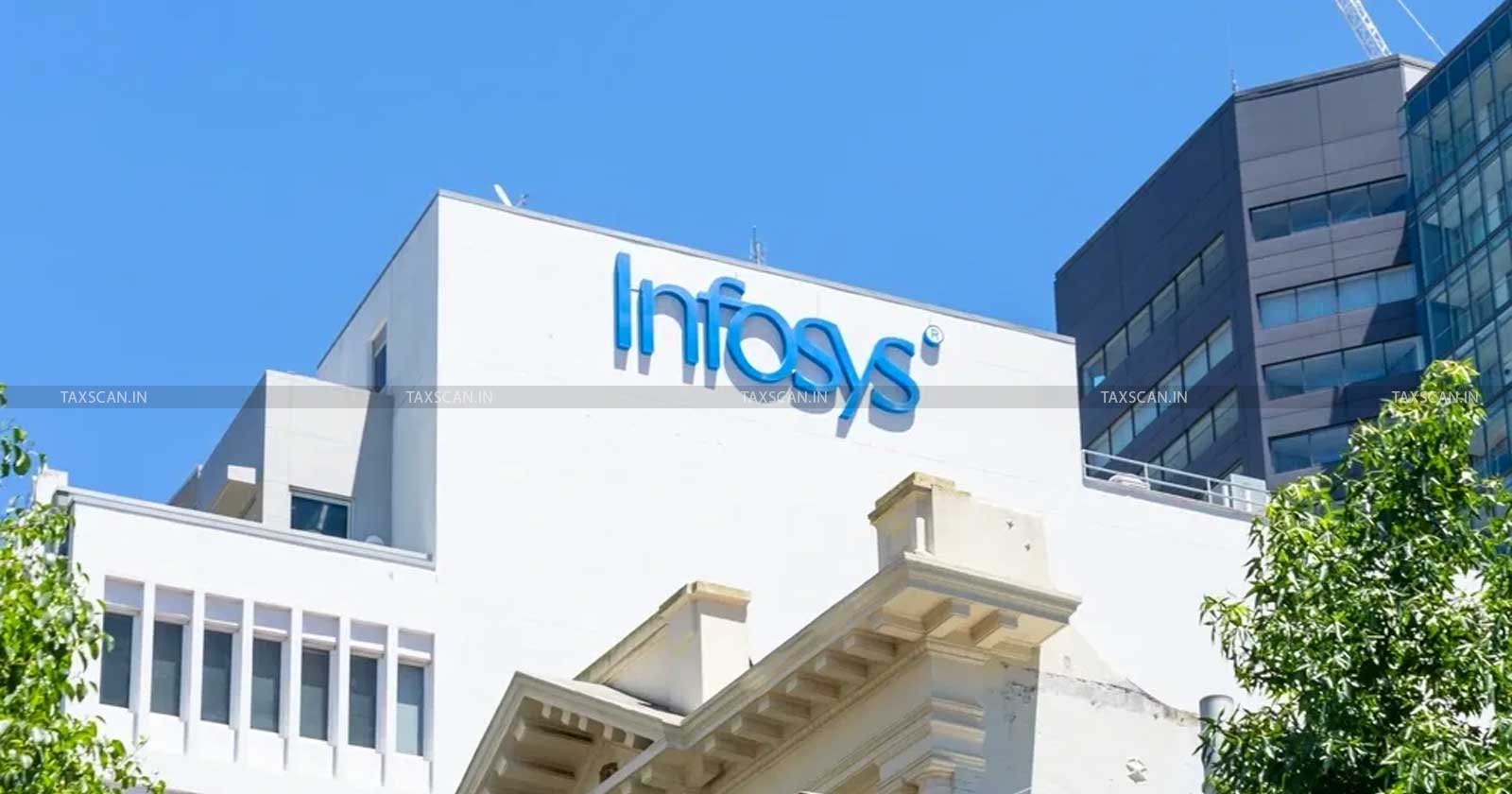Interlocutory Applications Under GST: Everything You Need to Know
Interlocutory Applications under the GSTAT Rules, 2025, provide a structured mechanism for addressing urgent procedural matters during GST appeals

An Interlocutory Application (IA) under GST refers to an application submitted to the Goods and Services Tax Appellate Tribunal (GSTAT) during the course of an ongoing appeal or proceeding, excluding those related to the execution of a final order. This is defined under Rule 2(1)(j) of the GSTAT (Procedure) Rules, 2025.
Recent GST Rulings You Can’t Ignore! Are you updated? Click here
The scope of IAs includes interim and procedural matters such as:
- Seeking a stay on the operation of an order to prevent immediate enforcement.
- Requesting directions from the tribunal for procedural clarity.
- Filing for rectification of errors or omissions in orders.
- Condonation of delay in filing appeals or documents.
- Requesting early hearings to expedite proceedings.
- Seeking exemptions from submitting copies of appealed orders.
- Applying for extensions of time to comply with tribunal directives.
IAs ensure procedural fairness and provide taxpayers with an effective mechanism to manage urgent matters during the appeal process.
 Also Read:India Imposes Anti-Dumping Duty on Imports of Vitamin-A Palmitate from China, EU, and Switzerland [Read Notification]
Also Read:India Imposes Anti-Dumping Duty on Imports of Vitamin-A Palmitate from China, EU, and Switzerland [Read Notification]
Legal Framework and Developments
The legal foundation for IAs under GST lies in the GSTAT (Procedure) Rules, 2025, issued via Notification No. G.S.R. 256(E) on April 24, 2025, by the Ministry of Finance, under Section 111 of the CGST Act, 2017. These rules apply uniformly across all jurisdictions governed by CGST and SGST laws. The establishment of GSTAT, as provided under Section 109 of the CGST Act, aims to offer a uniform, efficient dispute resolution mechanism.
Key Provisions on Interlocutory Applications
The rules lay out clear provisions to ensure that interlocutory applications follow a structured, transparent, and uniform process. Below is a summary of the key provisions:
| Rule/Section | Description |
| Rule 2(1)(j) | Defines “interlocutory application” as one filed during an existing proceeding, excluding execution-related matters. |
| Rule 29 | Specifies that IAs for stay, directions, rectification, condonation, early hearings, exemptions, or extensions must use GSTAT FORM-01 and be supported by an affidavit. |
| Rule 49 | Clarifies that provisions governing IAs apply mutatis mutandis to appeals under Chapter V. |
| Rule 118(2) | Prescribes a Rs. 5,000 fee for each IA; however, no fee is required from departmental authorities. |
| GSTAT FORM-01 | The official format for submitting IAs, requiring detailed information such as GSTIN, appeal number, grounds, facts, and relief sought. |
| GSTAT-CDR-05 | A register maintained by the GSTAT to record all IAs, including their status and outcomes. |
 Also Read:India Imposes Anti-Dumping Duty on Imports of Insoluble Sulphur from China and Japan [Read Notification]
Also Read:India Imposes Anti-Dumping Duty on Imports of Insoluble Sulphur from China and Japan [Read Notification]
Filing Procedure
One Mistake Can Cost You Lakhs! Master GST litigations today! Click here
To file an interlocutory application under GSTAT rules, taxpayers must follow these steps:
- Complete GSTAT FORM-01 on the GSTAT Portal with full details including GSTIN, parties involved, appeal number, hearing history, grounds, facts, and specific relief requested.
- Attach a supporting affidavit, verifying the facts presented in the application.
- Pay the prescribed fee of Rs. 5,000, unless the applicant is a departmental authority, which is exempt.
- File the application electronically through the GSTAT Portal, in line with the tribunal’s digital-first mandate.
Once submitted, the tribunal records the application in its register (GSTAT-CDR-05), tracking all relevant details and the final outcome—whether allowed or dismissed.
Read More: Filing Certified Copy Under GST Rule 108 Not Mandatory Where Appeal Is Duly Filed with Relevant Records: Allahabad HC [Read Order]
Fees and Exemptions
The fee for filing an interlocutory application is Rs. 5,000, applicable to private applicants and businesses. Departmental authorities, such as tax officers, are exempt from this fee, reducing barriers for government representation.
This balance ensures fair access while discouraging frivolous filings.
Purpose and Practical Implications
Interlocutory applications fulfill several essential functions during the appeal process. Their practical applications include:
- Stay Orders: Preventing enforcement of orders while an appeal is under review.
- Directions: Requesting procedural guidance from the tribunal.
- Rectification: Correcting clerical or factual errors in existing orders.
- Condonation of Delay: Seeking permission for late filings due to valid reasons.
- Early Hearings: Prioritizing cases with financial or legal urgency.
- Exemptions: Avoiding duplication of document production when already submitted.
- Time Extensions: Requesting more time to meet procedural or compliance requirements.
These applications help ensure that justice is delivered efficiently and fairly, without procedural bottlenecks. Legal representatives and businesses must ensure proper formatting, documentation, and timely filing to avoid rejection.
Relevance of GSTAT and Emphasis on Digital Accessibility
The GSTAT serves as the principal appellate body under the GST law and is designed to alleviate the burden on High Courts by resolving indirect tax disputes at a dedicated forum. The operationalization of the GSTAT through the 2025 Procedure Rules and its emphasis on digital filing and hybrid hearings reflect India’s broader push towards improving the ease of doing business.
Chapter XIV of the Rules underscores this digital-first approach, enabling online filing, tracking, and virtual hearings, making justice more accessible to taxpayers across regions.
Conclusion
Interlocutory applications are a critical procedural instrument under the GSTAT framework, designed to safeguard the rights of parties during the appeal process. With well-defined rules, structured filing procedures, and a digital interface, the GSTAT (Procedure) Rules, 2025 aim to bring consistency, transparency, and speed to GST litigation.
Support our journalism by subscribing to Taxscan premium. Follow us on Telegram for quick updates



